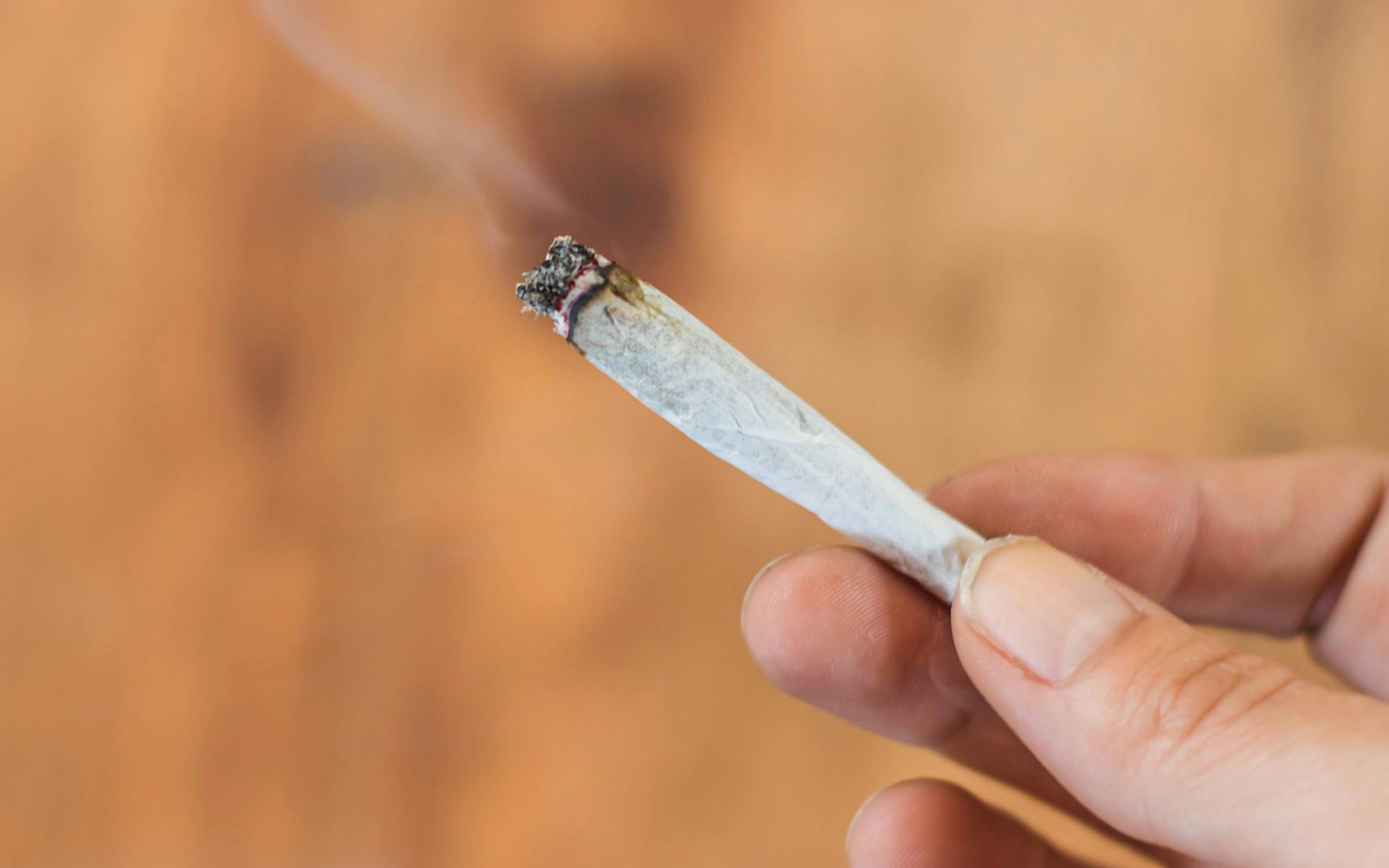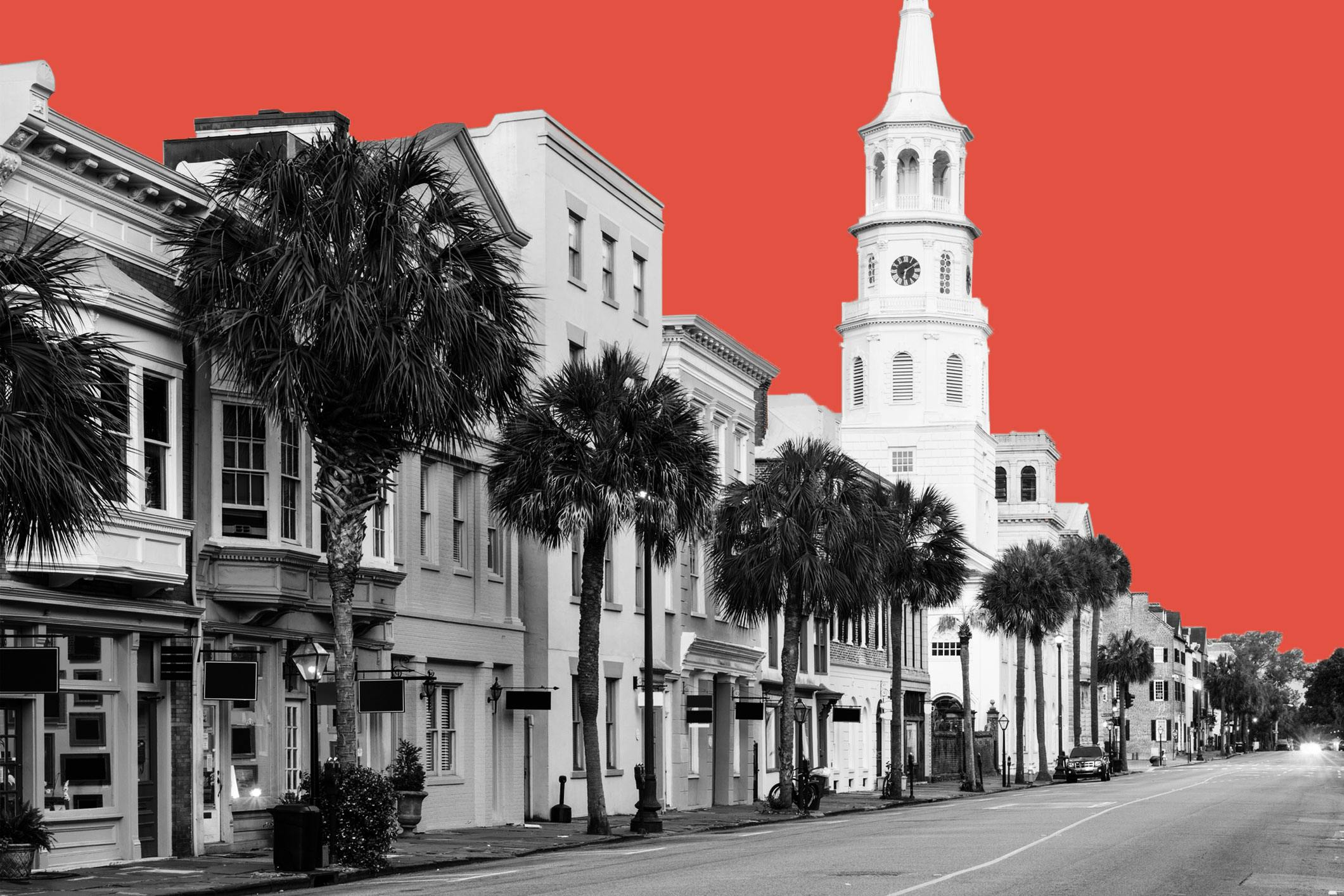Is marijuana legal in North Carolina?
Current legality status
illegal
Cannabis is illegal under state law.
Marijuana is not legal in North Carolina, including recreational use. Narrow medical exceptions apply to individuals with intractable seizure disorder but only allow for low-THC/high-CBD cannabis.
The penalties for marijuana—a schedule VI controlled substance in North Carolina—are serious, although not as severe as some states. Small amounts of weed will only lead to a maximum fine of $200 (without jail time). Still, simply possessing more than a half-ounce of cannabis or paraphernalia like a pipe can lead to days or months of jail time and a fine of up to $1,000.
Those cultivating cannabis are penalized based on the weight of the plant and can receive fines up to $200,000 and jail time of up to 18 years for large amounts of cannabis. Even amounts as low as 10 pounds come with a mandatory 2 years in jail.
Don’t push your luck in North Carolina, which had 15,889 marijuana arrests in 2016.
Here is a list of penalties for possession, sale, and/or distribution of marijuana, or hash, or paraphernalia in North Carolina.
| Offense | Amount | Imprisonment |
| Possession for personal use | 14.17 grams or less (½ oz.) | N/A |
| 0.5 – 1.5 oz | 1 – 45 days | |
| More than 1.5 oz – 10 lbs | 3 – 8 months | |
| Sale or delivery | 10 lbs or less | 4 – 8 months |
| More than 10 – less than 50 lbs | 25 – 39 months | |
| Cultivation | Less than 10 lbs | 3 – 8 months |
| Hash & concentrates | Possession of less than .05 oz | 1 – 10 days |
| Possession of .05 – .15 oz | 1 – 45 days | |
| Paraphernalia | Use, possession, sale, delivery, or manufacture of paraphernalia | 1 – 45 days |
North Carolina does have a limited medical cannabis program that allows patients with intractable seizure disorders to use some high-CBD/low-THC cannabis products. Unfortunately, it does not allow for the production of high CBD cannabis products so patients need to obtain those products from other states.
North Carolina recreational and medical marijuana legalization efforts
Efforts to legalize cannabis in North Carolina have been relatively unsuccessful. There have been some recent efforts in 2019 and 2020 to push forward medical bills but these have all failed to change marijuana laws in North Carolina.
In 2019, 19 cosponsors introduced H 401, a bill that would have opened up a full medical cannabis program in the state. Unfortunately, the bill carried over to 2020 and was never given a committee hearing or vote before the legislature adjourned.
Earlier in 2019, the Senate approved S 168, a bill which would have expanded a pre-existing law, HB 1220, which allows those with intractable seizure disorders to use high-CBD cannabis. The bill expanded this to also include autism, Crohn’s disease, multiple sclerosis, mitochondrial disease, and other conditions that failed to respond to at least three other treatment options. But the bill was revised in 2020 so that it no longer allowed these additional uses of high-CBD cannabis.
Shop highly rated dispensaries near you
Showing you dispensaries nearAnother bill, S 58, cosponsored by four senators, would have made possession of up to 4 ounces of marijuana legal—but this bill also did not get a hearing during the 2019-2020 legislative session.
Several North Carolina senators and house representatives are up for re-election in the fall of 2020, and pro-cannabis representatives could help reform these laws. North Carolina residents can register to vote here.
Voter support
Support for medical cannabis is high and recreational is growing. Some 80% of North Carolina Voters in a 2017 poll from Elon University supported medical cannabis legalization and 45% supporting recreational cannabis as well.
Local decriminalization in North Carolina
North Carolina has enacted some cannabis decriminalization policies. In 1977, the legislature changed the law to stop jailing first offenders with small amounts of cannabis and to significantly reduce penalties for cannabis crimes.
Still, experts say it is one of the worst decriminalization laws in the country because it still leaves first offenders with a misdemeanor charge on their record.
North Carolina cannabis DUI laws
Like everywhere else, it’s illegal to drive while under the influence. Cannabis is a controlled substance in North Carolina and you can’t drive on a controlled substance. If you have ANY amount of cannabis or it’s metabolites in your blood or urine, you will be breaking the law.
In North Carolina, it is also assumed that by driving, you consent to a chemical analysis of your breath, blood or urine. If you refuse a drug test, your license will be suspended for one year, and you may be compelled to take the test by an officer under other laws as well.
Depending on the circumstances of your arrest and certain mitigating factors, the judge and jury will classify your offense as falling into one of five levels, each with varying levels of punishment.
The penalties are severe for intoxicated driving on any substance. These penalties start at a minimum of 24 hours in jail and a $200 dollar fine, but could lead to up to two years in jail and a $4,000 fine.
| Offense | Imprisonment min/max |
| Level 5 offense | min 24 hours / max 60 days |
| Level 4 offense | min 48 hours/ max 120 days |
| Level 3 offense | min 72 hours / max six months |
The imprisonment term may be suspended in lieu of community service or probation, but the defendant must have substance abuse assessment and treatment as both a condition of probation and to restore the driver’s license. Also, the judge on the case may reduce the term if the defendant participates in an approved alcohol monitoring system.
Common questions about marijuana legalization in North Carolina
Are edibles legal in North Carolina?
No, edibles like pot brownies are very much not legal and can come with fines and jail time just like other forms of cannabis.
Is North Carolina recreational?
No, North Carolina is not a recreational weed state. It’s a prohibition state and doesn’t even allow medical cannabis.
Is CBD legal in North Carolina 2020?
Generally CBD is not legal in North Carolina, but it is allowed for patients who have intractable seizure disorder and have been recommended CBD by their physician. Even then, any CBD products must contain less than 0.9% THC.
Is smokable hemp allowed in North Carolina?
Yes. Smokable hemp is currently legal in North Carolina, but may make those using it targets for arrest given that it can’t be distinguished from cannabis without testing.
Can you get a medical card in North Carolina?
If you have intractable seizure disorder, you can get approval to use high-CBD/low-THC cannabis by getting a recommendation from a board certified neurologist.
What are the medical program’s qualifying conditions?
Currently, only those with intractable seizure disorders are allowed to utilize cannabis, and it can only be high-CBD/low-THC cannabis.
Are Black North Carolinians more likely to be arrested for marijuna crimes?
Yes, an ACLU report found that Black North Carolinians were 3.3 times as likely to be arrested for marijuana than white people in North Carolina, despite using it at similar rates.
Learn more about marijuana legalization in North Carolina
Keep up with the latest news about legalization in North Carolina
Stay current on North Carolina’s fast-changing laws by bookmarking Leafly politics and signing up for our newsletter.
Post last updated Sept. 7, 2020
By providing us with your email address, you agree to Leafly's Terms of Service and Privacy Policy.

